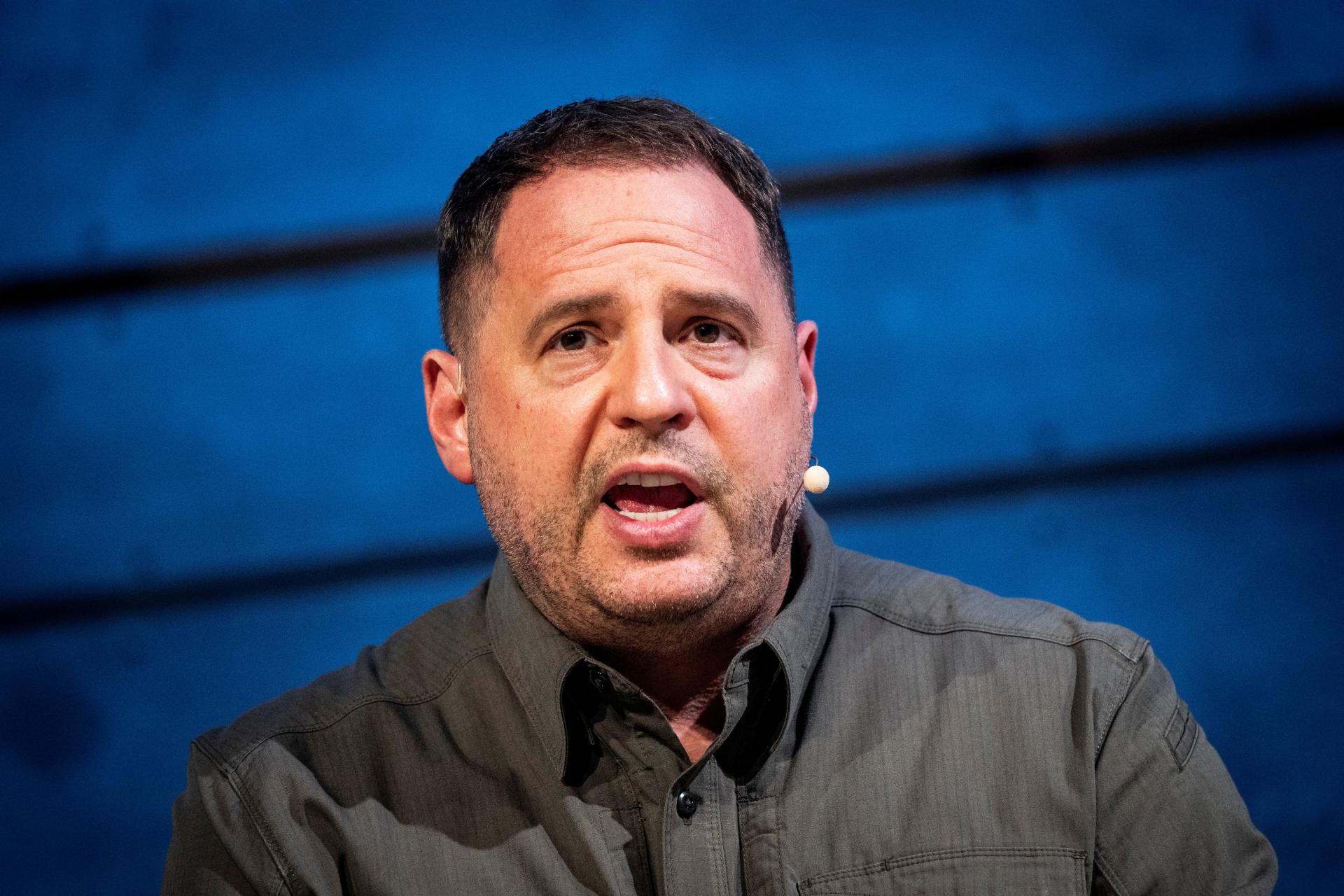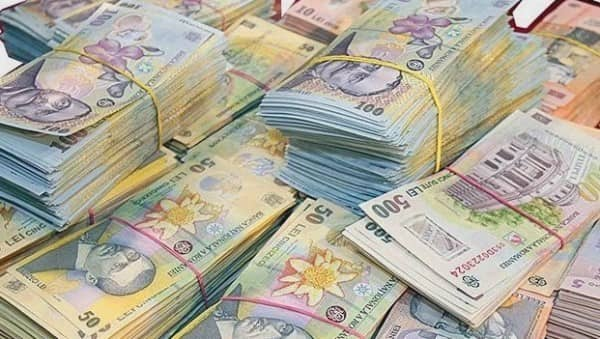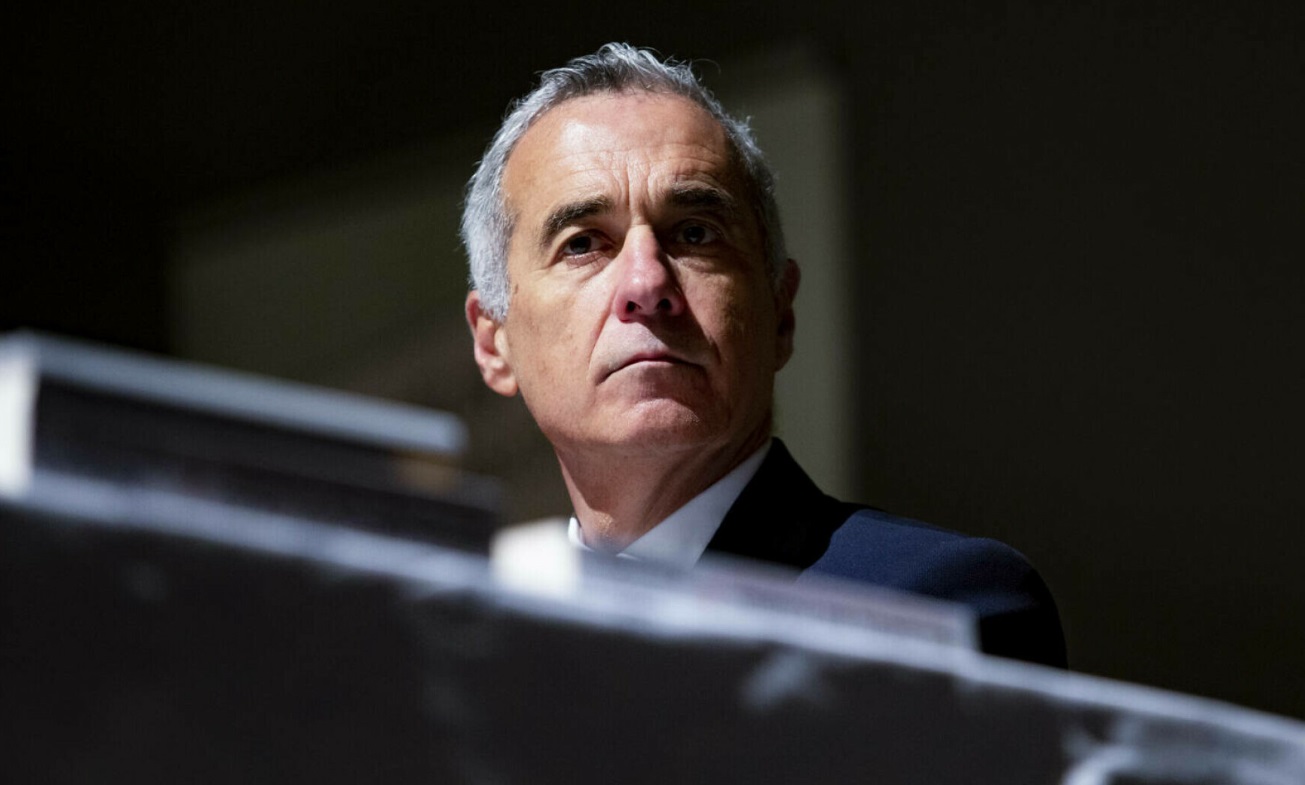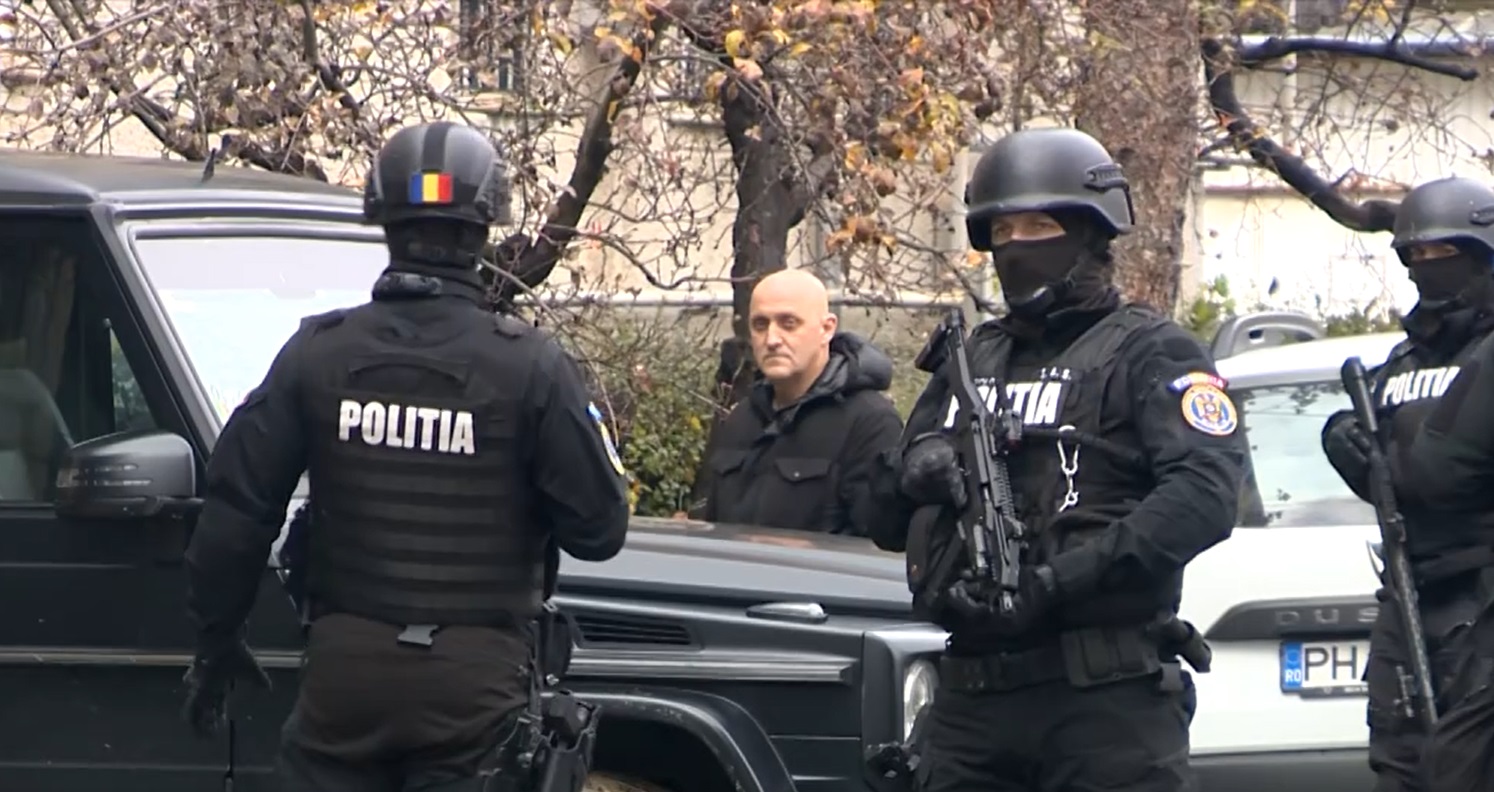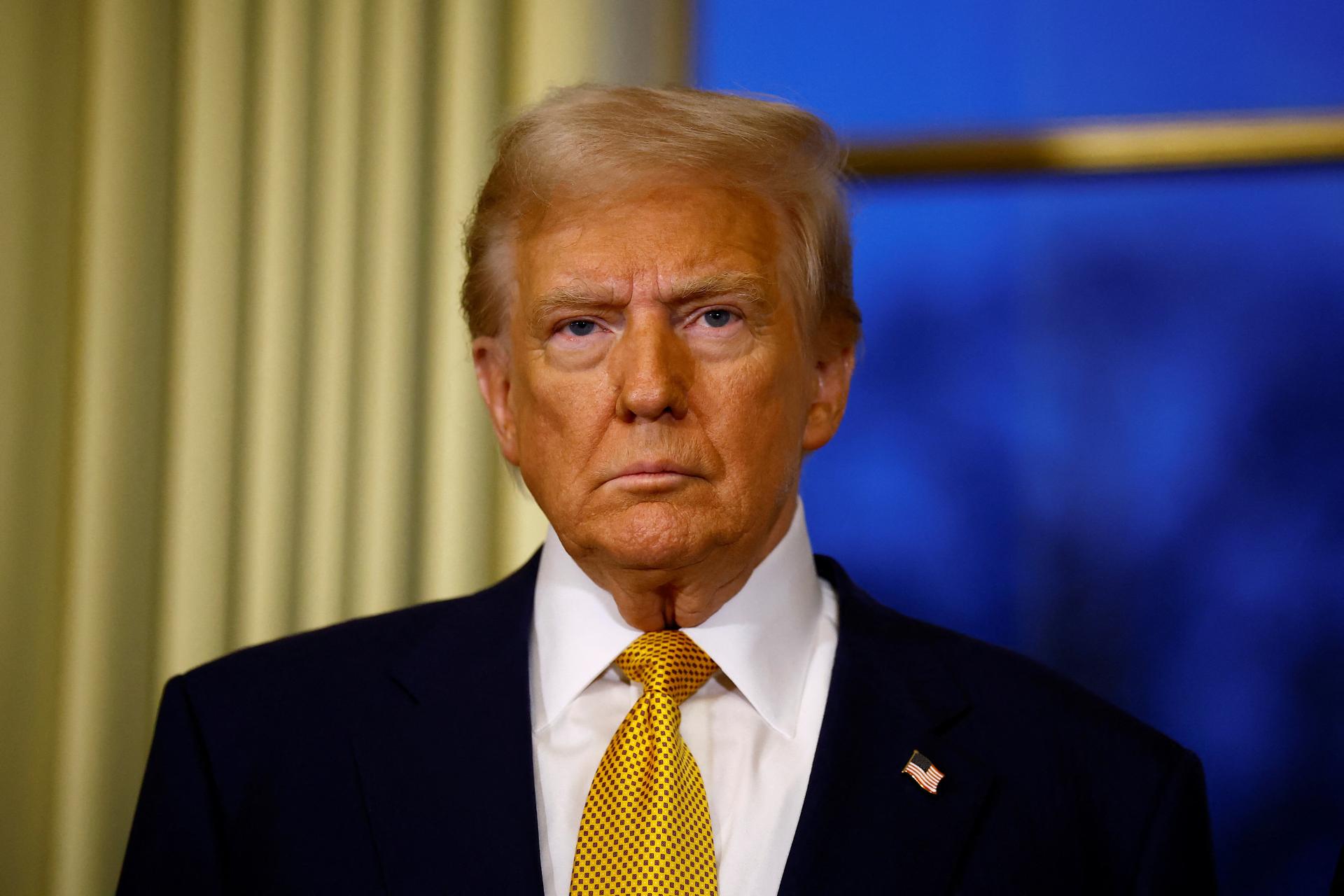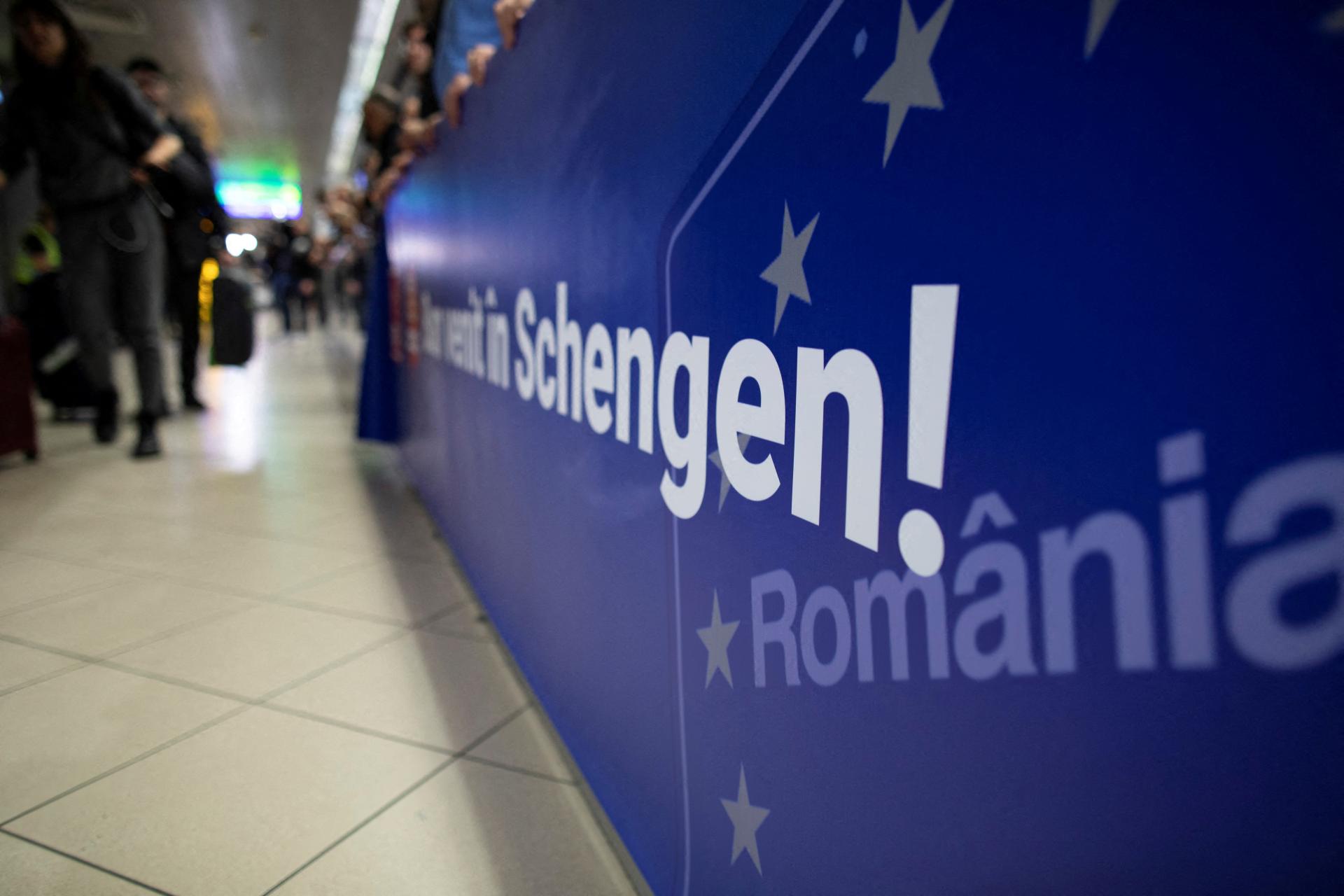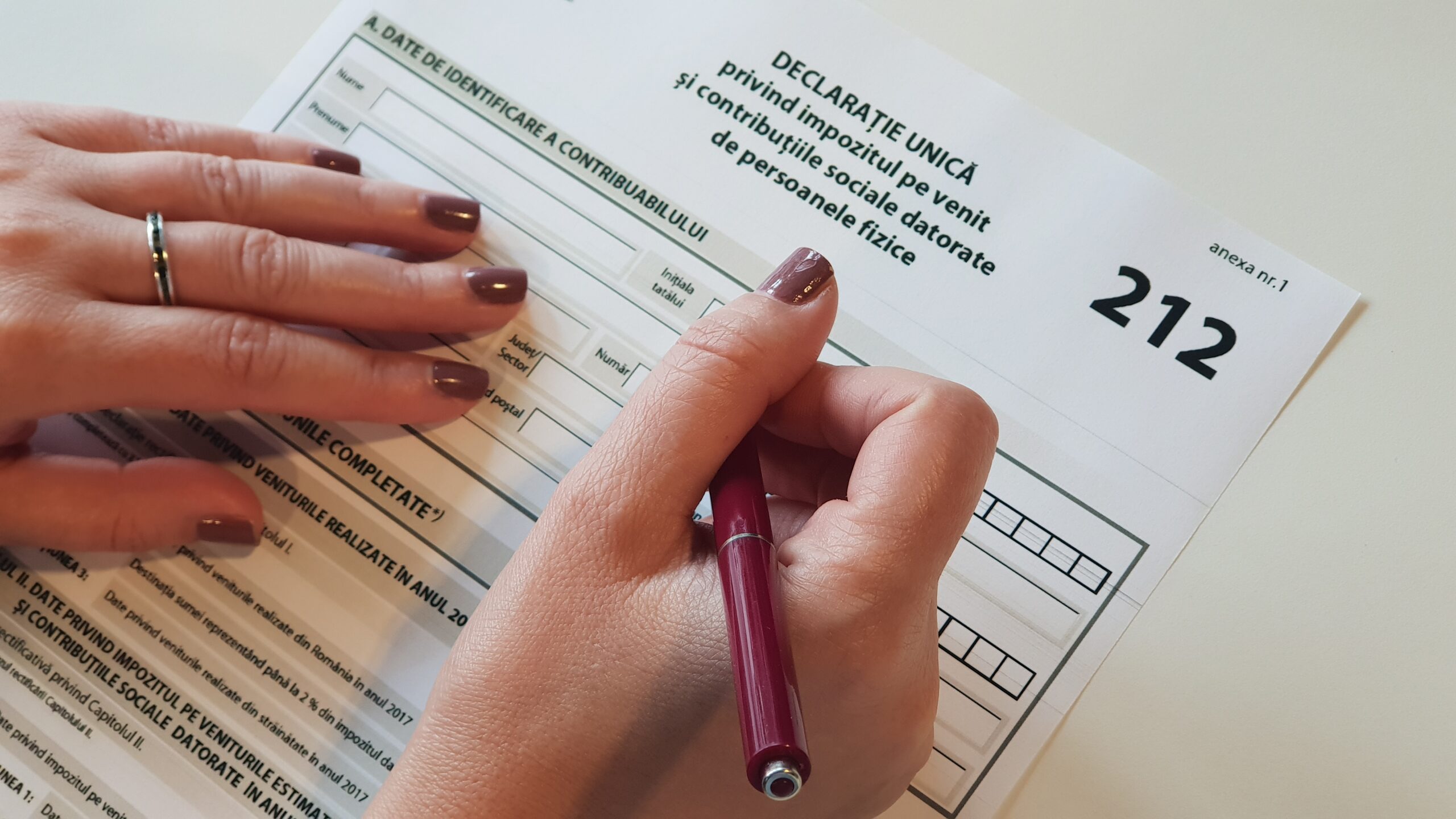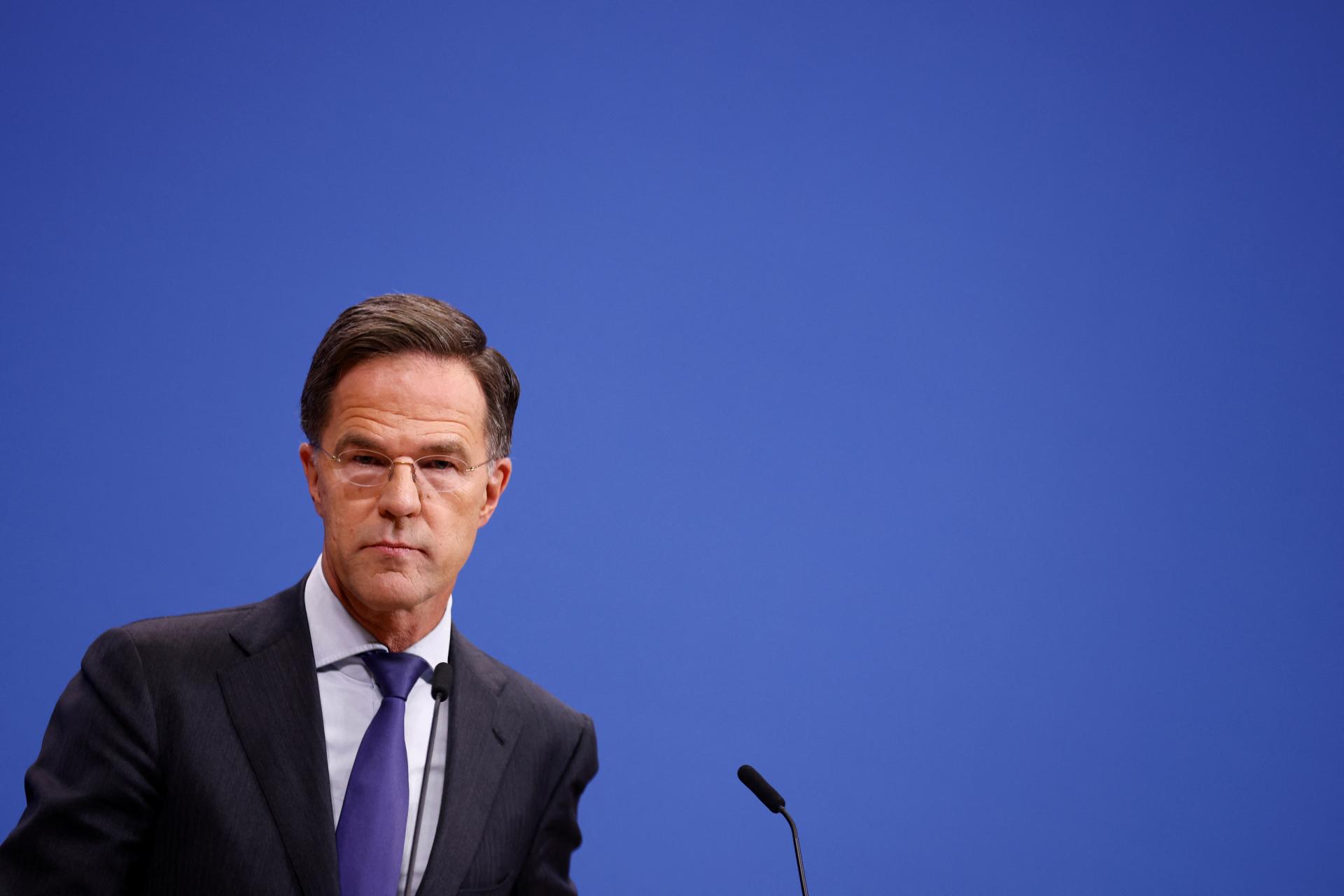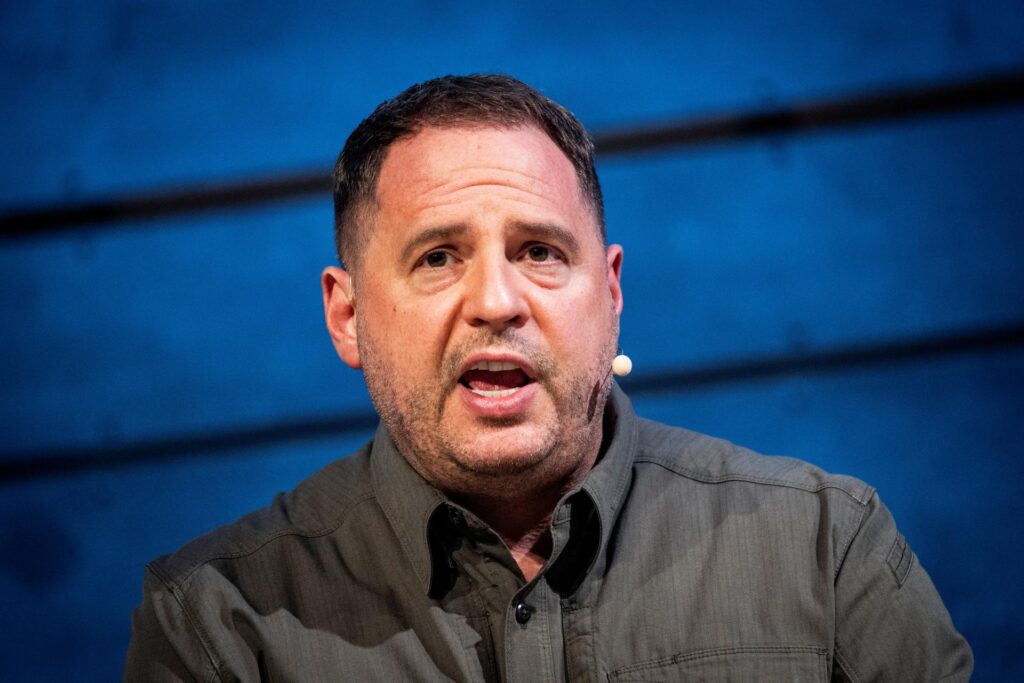The Social Democratic Party (PSD) and the Democratic Liberal Party (PDL) initially each had three mandates, while PNL and the Democratic Union of Hungarians in Romania (UDMR) each had a single one. PNL had requested that its position be that of vice governor, a request which the coalition originally refused. But, at the moment of the vote, PNL obtained two positions – one of member of the Board and one of vice governor, the latter taken from PDL.
Although PNL was expecting to obtain a simple position of member of the Board, the fact that the Social Democratic Party decided to quit the ruling coalition changed the entire equation. Thus, PDL lost a vice governor mandate, which would have brought Lucian Croitoru, Advisor of BNR’s Governor, a place on the Board of Directors. However, Croitoru’s place was taken by attorney Bogdan Olteanu, the surprise candidate of the liberals, who opted not to propose independent Daniel Daianu for any position.
Analysts interviewed by Business Standard believe that Bogdan Olteanu is not suited to be vice governor of the central bank for two reasons. First, Olteanu lacks a background in economic studies and the necessary knowledge to be on BNR’s Board of Directors. Secondly, he is a politician, which some specialists say would not have a great impact, but others feel could lead to some political influence. Most financial specialists said that the political factor will not count very much in the central bank’s decisions, as Governor Mugur Isarescu wields too much influence. Isarescu is “the person who sets the tone” said one economist in the banking sector.
The Board’s main responsibility during this new mandate is the adoption of the euro, Isarescu said yesterday, during Parliamentary hearings.
“I see no matter more important for the next mandate than the adoption of the euro, which includes the stability of prices, the stability of the exchange rate, and ensuring these in a sustainable manner. The vital issue, also the final and most difficult point, is the exchange rate based on which the euro will replace the leu,” Isarescu indicated. He added that, at present, the main problem in the process of adopting the euro is the narrowing of the budget deficit, rather than inflation or interest rates.

